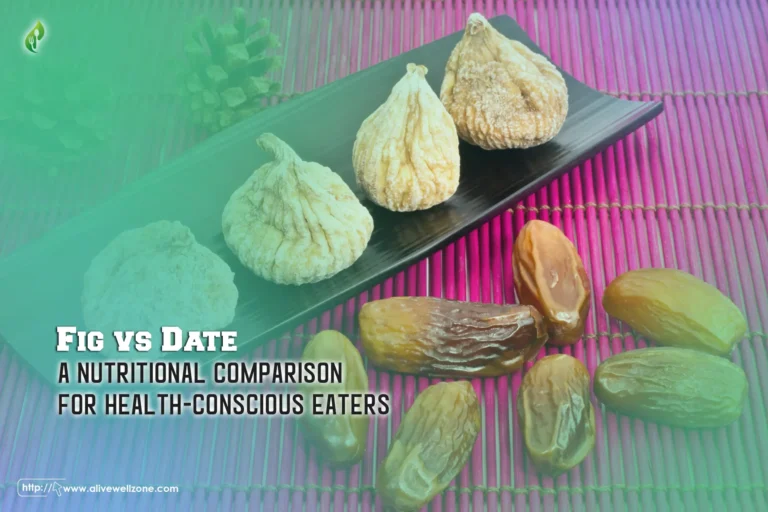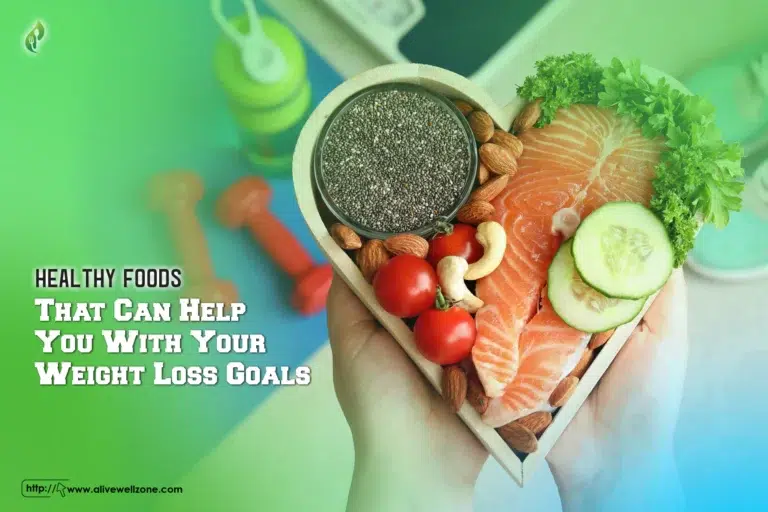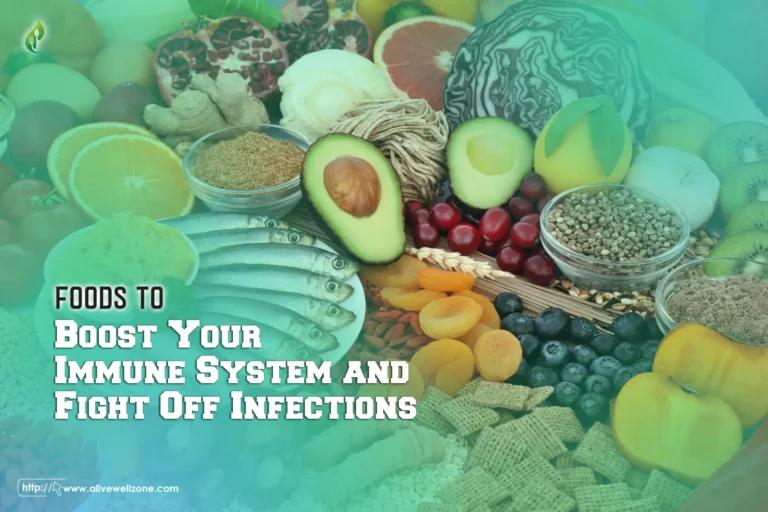
Last Updated on August 8, 2024 by Helena Akter
Just like a car runs best on high-quality fuel, your heart performs better when powered by the right foods. Nowadays, where stress and poor eating habits are common, focusing on heart-healthy foods is more crucial than ever.
In fact, food is key to heart health and can affect your risk of developing heart disease, which is the top death cause in the US. The Centers for Disease Control and Prevention report that every 33 seconds, someone in the United States passes away due to heart-related issues.
That’s where heart healthy foods may reduce the risk of heart disease and improve well-being by keeping your ticker strong. Stay tuned for we’ll share 6 delicious and easy-to-incorporate foods into your daily routine.
What Is a Heart-Healthy Diet?
A heart-healthy diet is a way of eating that includes a variety of beneficial foods. This diet focuses on incorporating heart healthy foods like a rainbow of vegetables and fruits, whole grains, and lean meats such as chicken, as well as fish rich in omega-3s like salmon and tuna.
It’s important to cut back on processed items loaded with sugar, salt, and harmful fats, as these can increase your chances of heart problems.
6 Best Heart Healthy Foods
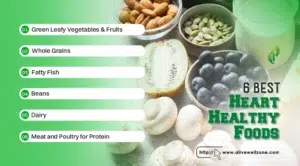
Eating for a strong heart is easier when you know what foods to choose. Here are 6 top picks for a heart healthy foods list —
1. Green Leafy Vegetables and Fruits
A diet rich in fruits and vegetables is essential for heart health. Whether fresh or frozen, fruits and veggies pack the same nutritional punch. Leafy greens, in particular, are loaded with vitamin K, crucial for artery health and blood clotting.
The American Heart Association highlights that leafy greens are especially beneficial for the heart, more so than other produce. Plus, avocado also ranks as one of the top heart healthy foods to lower cholesterol.
However, be mindful of extra sugars or salt in your choices.
Best options:
- Any fresh produce
- Avocados, rich in beneficial monounsaturated fats
- Fresh herbs like basil and cilantro
- Plain frozen produce
- Canned fruits packed in juice
- Canned vegetables without added salt or those with less sodium
Avoid:
- Canned vegetables high in salt
- Canned fruits in thick or light syrup
While focusing on heart health, it’s also possible to manage your weight. Discover the Top 5 Instant Weight Loss Products that can complement a heart-healthy diet and help you achieve your weight goals.
2. Whole Grains
Research consistently shows that whole grains are fantastic for your heart. These include —
- Whole wheat
- Brown rice
- Oats
- Rye
- Barley
- Buckwheat
- Quinoa
Whole grains are fiber-rich, helping to manage cholesterol, lower blood pressure, and cut heart disease risk.
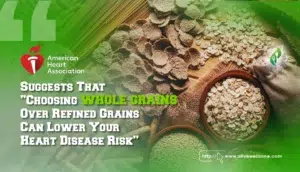
So, swap out white bread and rice for their whole-grain counterparts like rye bread and brown rice.
Best Grain Options
- Oats and oatmeal
- Barley
- Wheat berries
- Farro
- Amaranth
- Quinoa
- Rye and rye berries
- Whole-grain cereals with less than 5 grams of added sugar
- Buckwheat
- Brown rice
- Kamut
- Whole-grain bread, pasta, and crackers
Be Cautious With
- White bread, pasta, and rice
- Grain-based snack bars
- Cereals with refined grains or more than 5 grams of added sugar
- Grain-based sweet treats
- Crackers and breads made from refined grains
3. Fatty Fish
Eating fish such as salmon, sardines, mackerel, and tuna is beneficial for your heart because they are rich in omega-3 fatty acids. These nutrients are known for their ability to support heart health.
In addition to decreasing heart disease risk, omega-3s from these fish may reduce the likelihood of CVD events and irregular heartbeats as well. The American Heart Association suggests including two to three servings of these fish in your diet every week.
Best Fish Options
- Albacore tuna
- Mackerel
- Herring
- Sardines
- Salmon
- Trout
Be Cautious With
- Wild-Caught Halibut (Atlantic)
- Bluefin Tuna
4. Beans
Beans are a great source of resistant starch, which is a type of carbohydrate that bypasses digestion and is fermented by beneficial gut bacteria. This process can have a positive effect on your gut health and its microbial inhabitants.
Studies have shown that beans and legumes can help reduce ‘bad’ LDL cholesterol, regulate blood sugar levels, and lower blood pressure. The American Heart Association recommends beans as part of a heart healthy diet to help manage high blood cholesterol, a major risk factor for heart disease.
Best Beans Options
- Adzuki beans
- Pinto beans
- Chickpeas
- Black beans
- Kidney beans
- Various lentils (red, green, brown)
Be Cautious With
Large quantities of beans, particularly if you suffer from irritable bowel syndrome (IBS), which may make it hard to digest certain carbohydrates in beans.
Moreover, older women have unique nutritional needs, especially when it comes to heart health. So, find out more about the Best Healthy Food for Old Women, tailored to support a strong heart and overall well-being.
5. Dairy
Dairy products are often celebrated for their calcium content, which is great for bone health. They can also play a role in managing high blood pressure, with foods like yogurt providing a good source of calcium and potassium.
Recent studies, including a 2021 review in PLOS Medicine, indicate that full-fat dairy might not be as harmful to heart health as previously believed. Yet, replacing dairy with whole grains or plant-based oils can lead to a decrease in cardiovascular disease risk.
To align with the American Heart Association’s advice on reducing saturated fat intake, it’s better to opt for low-fat or fat-free dairy products.
Best Dairy Options
- Plain low-fat or fat-free yogurt
- Low-sodium cottage cheese
- Unsweetened plant-based milks and yogurts
- Plain low-fat or fat-free milk
- Strongly flavoured cheeses, like Parmesan, sharp Cheddar, and blue cheese, are used sparingly
Be Cautious With
- Sweetened yogurts
- Heavy cream
- Sweetened plant-based dairy alternatives
- Butter
6. Meat and Poultry for Protein
When looking for the most heart healthy foods to get protein, skinless chicken or turkey are excellent choices because they’re low in saturated fat. Be cautious of poultry that has been injected with saltwater, as this adds unnecessary sodium—always check the label.
While white meat is the leanest option, dark meat is also a relatively low-fat choice. The saturated fat and cholesterol in red meat are higher than in fish or poultry, so consume them less often.
When cooking meat, trim any visible fat to cut down on saturated fat.
Best Meat Options
- Chicken or turkey breast
- Lean cuts of beef
Be Cautious With
- Processed meats like sausage, bacon, salami, hot dogs, and similar products.
And if you’re planning to shred a few pounds while maintaining a good heart, incorporate these Great Tips To Reduce Weight into your routine.
Conclusion
In wrapping up, remember that your heart’s health hinges on nourishing it with the right foods. You’ve learned about the top foods that can support your heart health, including green leafy vegetables, whole grains, fatty fish, beans, dairy, and lean meats.
By incorporating these into your diet, you can take significant strides towards a healthier heart with our heart healthy foods. Be mindful of the options to avoid, and remember moderation is key.
As you move forward, think of this not just as a dietary change, but as a commitment to a healthier, more vibrant you. Each meal is a step towards a stronger heart, so take on these changes with enthusiasm.
Frequently Asked Questions
Which foods are heart-healthy and filling?
Try whole-grain crackers topped with low-sodium tuna or salmon that’s canned without extra salt. Opt for canned fruits that are in their own juice or water, avoiding heavy syrup.
Natural dried fruits like raisins, dates, and figs are also good choices without added sugars.
Is there a fruit that cleans the heart?
Fruits like bananas, oranges, tomatoes, avocados, grapes, and spinach are excellent for those looking after their heart. They are rich in heart-friendly nutrients such as magnesium, potassium, and vitamin C.
What are some heart-healthy dry foods?
Nuts such as almonds, hazelnuts, macadamia nuts, and pecans are great for your heart. Peanuts, despite being a legume, share similar benefits. It’s important to choose nuts that are unsalted and not sweetened, as adding salt or sugar can negate their health advantages.

